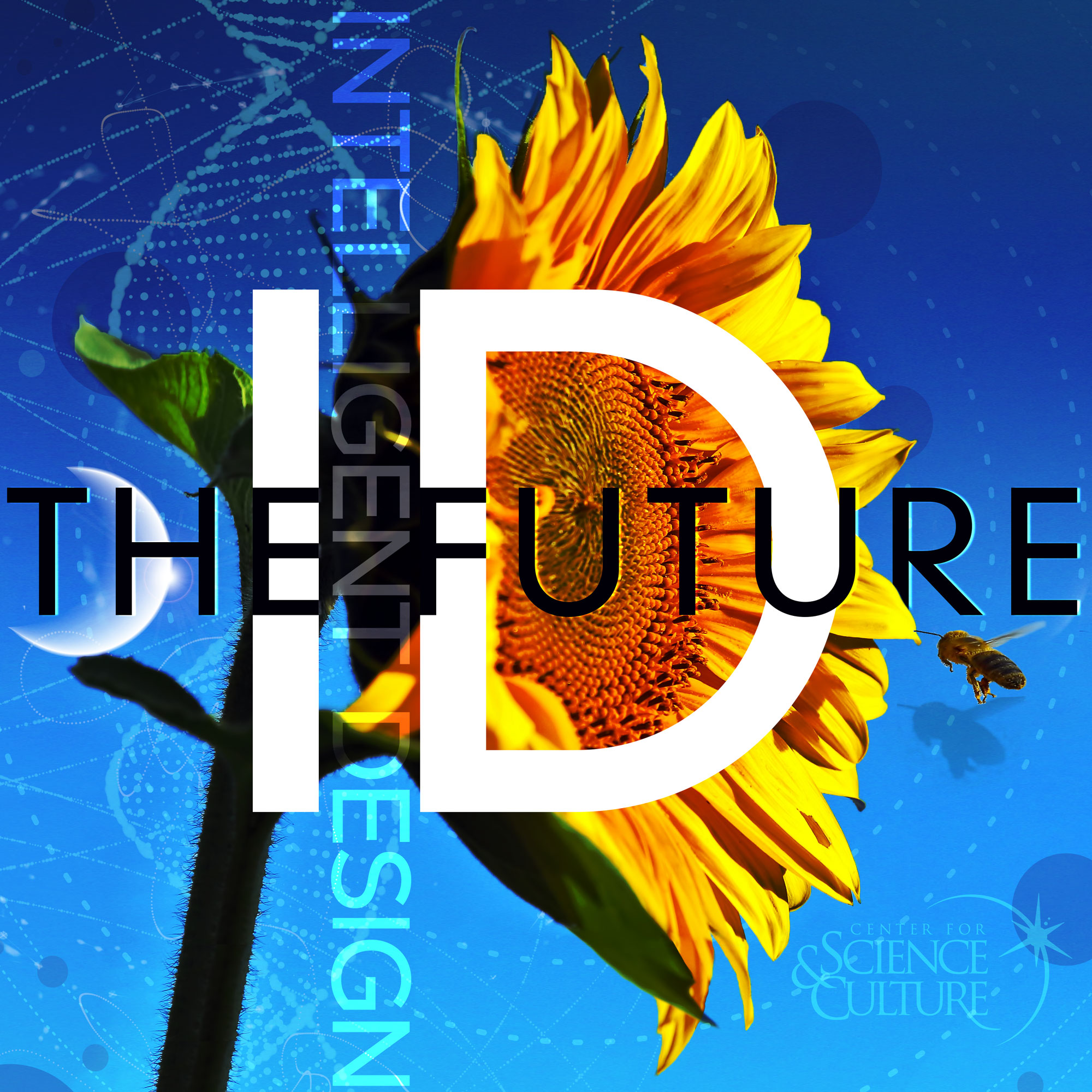
Shownotes Transcript
If living things are only the result of chance processes, does human life have any intrinsic value? On this episode of ID the Future from the archive, California State University history professor Richard Weikart, author of several books, including The Death of Humanity and the Case for Life, talks racism past and present, in both Christian and “scientific” secular history. Racism can be found in both arenas, Weikart notes, but Charles Darwin made racial variation — and the claim that certain races were inferior — a key plank in his case for evolution by random variation and natural selection. As a result, many in the 19th century and early 20th century concluded with Darwin that perceived differences between the races were biological, an idea that opened the door more widely to the continued exploitation of human beings. Weikart goes on to suggest that materialistic Darwinism provides precious little support to ground the idea of universal human dignity and rights, ideas with a strong grounding in the Judeo-Christian tradition.
MORE RESOURCES
Listen to Richard Weikart's 2016 debate with Peter Singer on Justin Brierley's Unbelievable radio show by searching the title at Spotify: Is Human Life Intrinsically Valuable?
